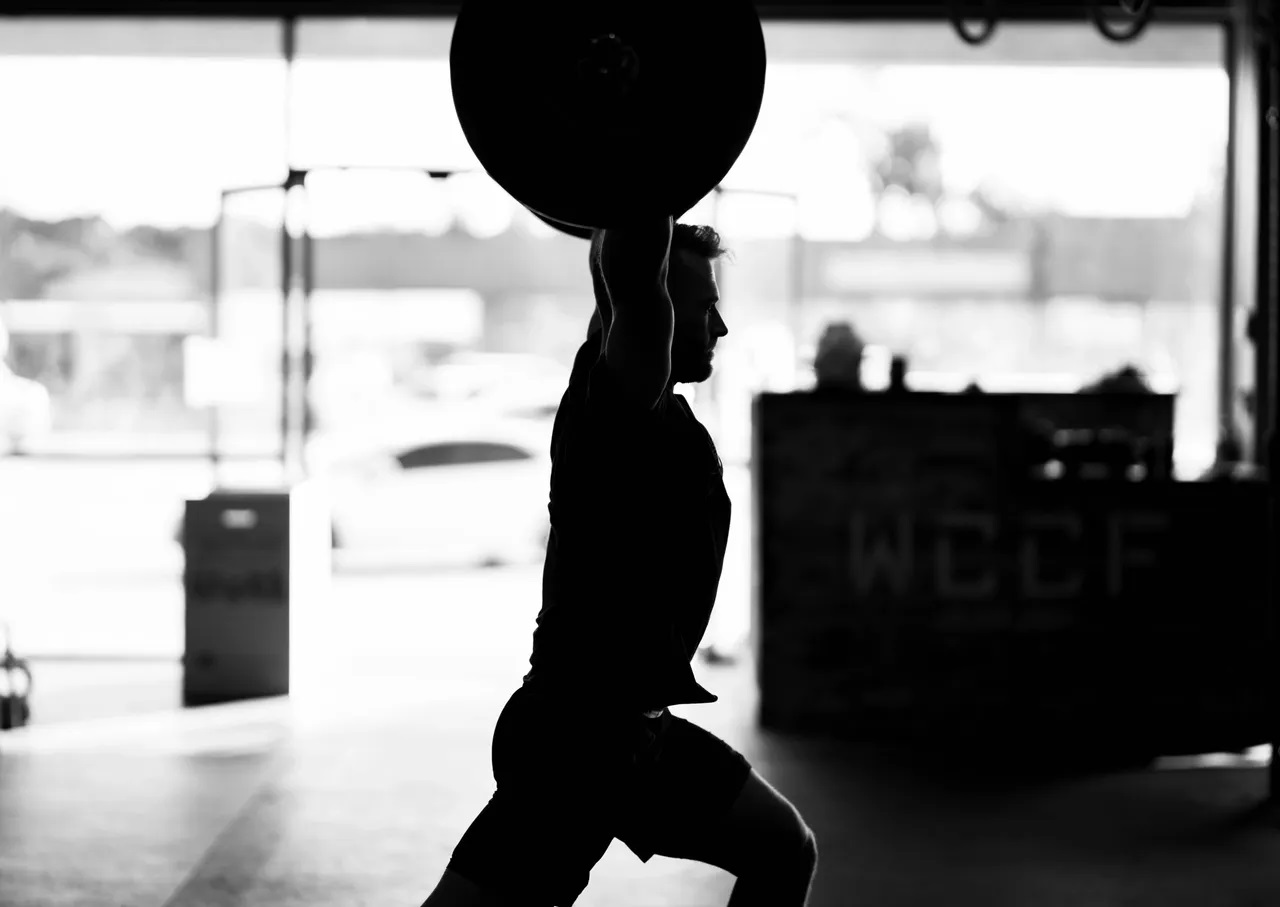At AHP we believe that any movement is good movement, however some types are more beneficial than others. Resistance training has been proven to be one of the most beneficial types of exercise and can be tailored to suit any individual regardless of physical ability and goals.
Benefits of Resistance training include:
- Improved muscular strength: this can make daily activities such as picking up children, tying shoes, carrying groceries significantly easier. Improvements in muscular strength have also been linked to improved balance, decreasing falls risks.
- Improved bone mineral density: this is particularly important for older adults, post-menopausal women and individuals recovering from chemotherapy and/or radiation.
- Changes to body composition: resistance training stimulates muscle growth which can positively impact blood pressure, cholesterol levels, insulin sensitivity and metabolic rate.
- Improved self-esteem and cognition: in addition to the endorphin release following exercise, strength training can have a positive impact on self-esteem by focussing on performance goals and progressions. Strength training has also proven to have positive impacts on cognition.
References:
Hart, P., & Buck, D. (2019). The effect of resistance training on health-related quality of life in older adults: Systematic review and meta-analysis. Health Promotion Perspectives, 9(1), 1-12. doi: 10.15171/hpp.2019.01
Mcleod, J., Stokes, T., & Phillips, S. (2019). Resistance Exercise Training as a Primary Countermeasure to Age-Related Chronic Disease. Frontiers In Physiology, 10. doi: 10.3389/fphys.2019.00645 Winett, R., & Carpinelli, R. (2001). Potential Health-Related Benefits of Resistance Training. Preventive Medicine, 33(5), 503-513. doi: 10.1006/pmed.2001.0909

Comments:
share